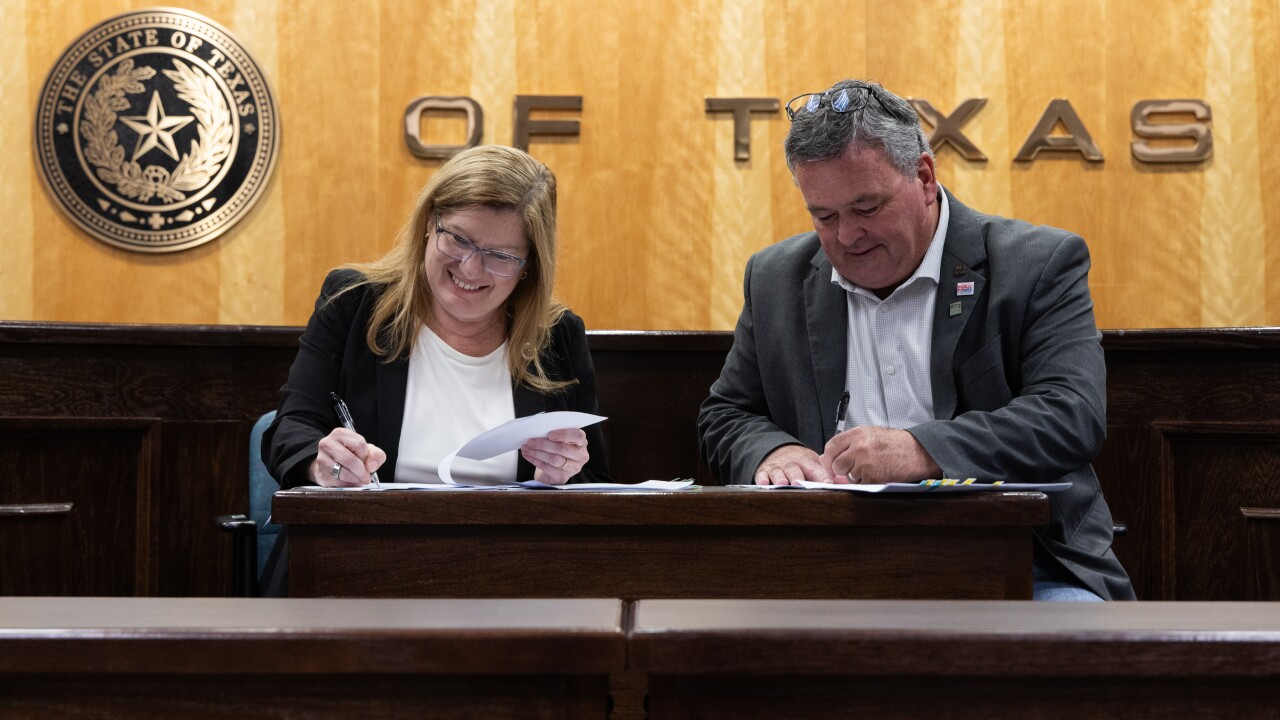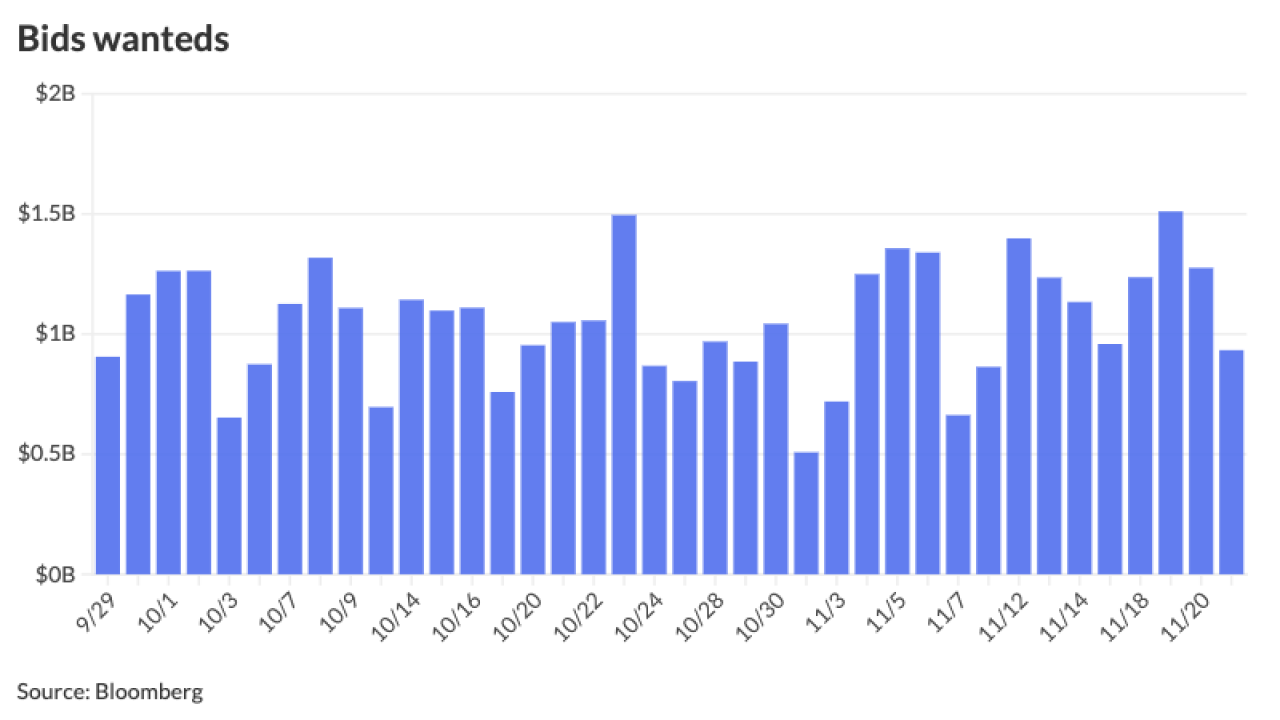Puerto Rico's Treasury Department hired 65 auditors to cut down on tax evasion and fraud and increase recurring revenues.
The new auditors started working in the department's Fiscal Audit Bureau and Consumption Tax Bureau on Monday, Treasury Secretary Melba Acosta Febo said in a press release.
Puerto Rico Gov. Alejandro García Padilla is looking to boost tax revenue as part of a mission to reduce the budget deficit and improve the commonwealth's bond ratings.All three of the ratings agencies currently rate Puerto Rico's general obligation debt at BBB-minus or the equivalent, just one notch above a speculative grade.
"In Puerto Rico tax evasion has been rampant for many years," said Municipal Markets Advisors managing director Robert Donahue. "The hiring of new auditors is clearly a positive step."
The administration's crackdown on tax evasion is probably mainly aimed at sales taxes, particularly now that the government is widening the application of the sales tax, Donahue said.
Moody's Investors Service believes that Puerto Rico in recent years collected only 60% of the sales tax revenue that is due to it, said Moody's vice president Lisa Heller. Using this figure, Alan Schankel, managing director of fixed income research at Janney Capital Markets, said that if Puerto Rico collects just half of what it was owed on these sales, it would gain $300 million. This would be a 3.5% revenue increase for the commonwealth's General Fund.
The government's widening of the applicability of the sales tax this year will generate additional revenues.
Acosta Febo said that her department had managed to cut anticipated revenue shortfall by 75% in the first six months of this year through the use of non-recurring revenue.When she assumed her position with the rest of the administration, the government projected that revenues would come in $910 million short of what the budget adopted by former Gov. Luis Fortuño had promised. By the following month, February, the projected shortfall had increased to $965 million.
The government has so far been able to reduce the $965 million shortfall to a $247 million shortfall, a 75% decrease, according to Acosta Febo.
Acosta Febo also wrote that her department is working on selling tax amnesty payment plans and previously existing payment plans. It also expects to get $127 million from two other transactions. Altogether, the Treasury department expects that the sum from these sales should cover the $247 million shortfall. Acosta Febo said legislation will be needed to shift the income from this fiscal year to fiscal 2013.
In January and February of 2013 the government faced a potential excess of expenditures of $140 million over the budgeted amount. The government addressed this through cut backs, freezing funds, and other measures, Acosta Febo wrote.
If the four sales go as planned, the government would be left with a deficit for fiscal 2013 of $333 million covered by COFINA (sales tax) bonds and $775 million covered by general obligation debt service restructurings or a total cash deficit of $1.108 billion.
The ratings agencies usually discount the nonrecurring revenues in their calculations, arriving at "structural" deficit figures that are higher than this.
Acosta Febo wrote that it is difficult to compare revenues from Fiscal 2012 to those of Fiscal 2013 because of nonrecurring measures and changes in tax laws in both years. For example, the Act 154 excise tax on foreign corporations declined to $1.677 billion in Fiscal 2013 from $1.883 billion in Fiscal 2012. According to Acosta Febo this was because the tax rate declined in Fiscal 2013 from the previous fiscal year to 2.75% from 3.75%. For Fiscal 2014 the rate will be 4%.





